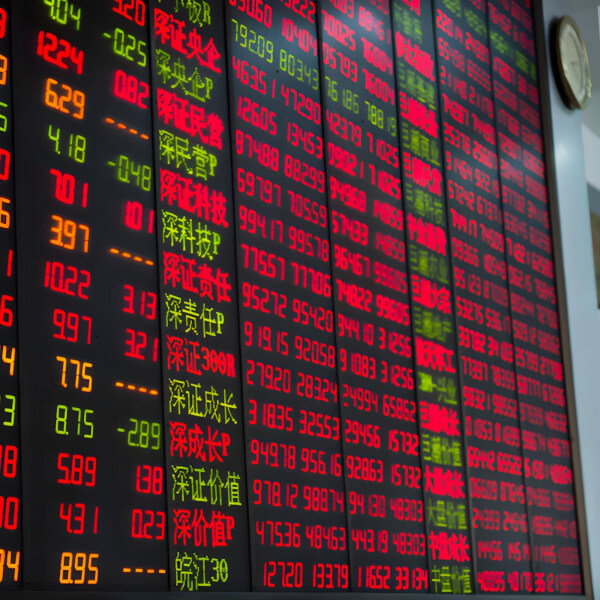Uber (UBER.US) stock dropped more than 5.0% during today's session as the emergence of a new COVID-19 strain in South Africa raised concerns of fresh curbs on travel which would cause lesser passenger use. Additionally, a recent court ruling forced Uber to halt its taxi operations in Brussels from Friday evening.
The Brussels Appeal Court ruled on Wednesday that a 2015 ban on private individuals offering taxi services also applies to professional drivers. Since 2015, Uber has been expanding its business in Brussels, according to the Brussels Times, working only with drivers who have an FVO/LVC profession license, the same license that limousine drivers have. Company has been urging citizens to sign a petition to save the 2,000 professional drivers who use Uber in the city and urged the Belgian government to quickly change taxi service laws.

Uber (UBER.US) stock launched today's session sharply lower and is approaching major support at $38.00. Should break lower occur, downward move may be extended to the lower limit of the wedge formation which lies near the support at $35.00. On the other hand, if buyers manage to regain control, then another upward move towards resistance at $44.80 could be launched. This level coincides with 38.2% Fibonacci retracement of the upward wave launched in March 2020 and upper limit of the aforementioned wedge formation. Source: xStation5

Daily summary: The beginning of the end of disinflation?

Block Inc. lays off 40% of its workforce and rises 16% - Is this a new paradigm?

US Open: Rising oil and PPI pressure Wall Street 📉 Technology and financial stocks drop

Dell surges 12% amid AI driving 40% revenue growth 📈


